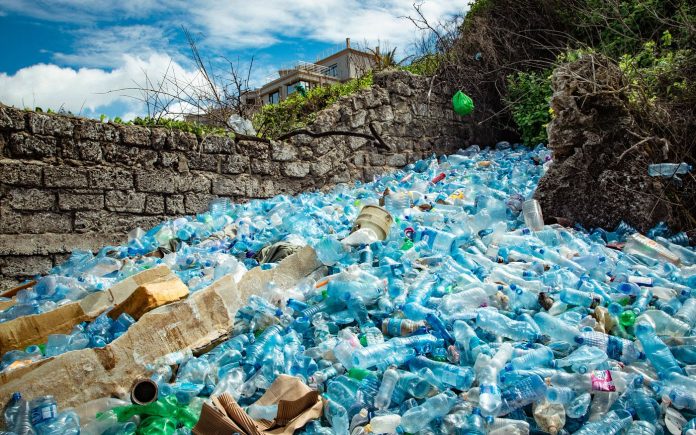The latest findings from the Lawrence Berkeley National Laboratory (LBNL) are alarming: if the current trajectory of plastic production persists, we could exhaust our global carbon budget to limit global warming to 1.5 degrees Celsius by as early as 2060. This revelation, ahead of the United Nations negotiations for an international treaty to end plastic pollution, underscores the urgency for immediate and decisive action. Plastic production today accounts for a significant portion of greenhouse gas emissions, with approximately 12 percent of total oil demand and 8.5 percent of total natural gas demand being attributed to it. The emissions stemming from primary plastic production is the result of burning fossil fuels, a leading contributor to the escalating concentrations of greenhouse gases in our atmosphere. Shockingly, around 75 percent of these emissions occur before the plastic is even formed, highlighting the critical need for intervention at the production stage. The LBNL study proposes a reduction of 12 to 17 percent per year in primary plastic production starting in 2024 to align with the Paris Agreement’s target of limiting global warming to 1.5 degrees Celsius.
This year alone, the world is expected to produce 220 million tons of plastic waste, of which 70 million tons will end up polluting our environment. The upcoming United Nations negotiations in Ottawa must prioritize stringent measures to curb plastic production and mitigate its environmental impact. This includes enacting regulations to limit single-use plastics, incentivizing the use of alternative materials, and investing in sustainable production technologies. This entails promoting recycling infrastructure, implementing extended producer responsibility programs, and fostering public awareness campaigns to encourage responsible consumption habits. The world stands at a critical juncture in the fight against climate change and, as such, cannot afford to overlook the significant role that plastic production plays in exacerbating the crisis.


